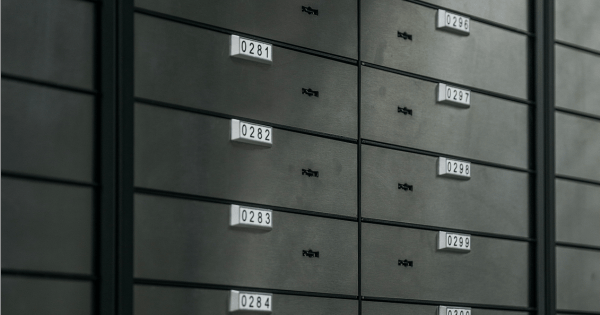
When Rachel Rosenthal’s money started disappearing from her bank account, she thought her credit card had been stolen. The reality was much worse.
It took months of moving her money from bank to bank to realise this wasn’t the case – that somehow, inexplicably, someone had accessed the most intimate details of her life and stolen her identity.
Speaking to podcast This American Life on an episode titled “The Perils of Intimacy”, Rachel describes her growing anxiety upon realising the theft was a problem she couldn’t solve.
No matter how many times Rachel switched banks, the thief followed. Money disappeared a little bit at a time, never all at once.
“I started to become a very paranoid person all the time. There was one point where I thought my mail was being stolen… so I got a PO Box,” Rachel told This American Life.
“I was so paranoid I would try to find alternate routes to get to my PO Box… I thought someone was following me.”




Top Comments
This was happening to me with a boyfriend in my early 20s. He was a very good manipulator who made me question my own instincts and doubt that I was right to be concerned when we were living week to week when I though we both had good jobs.
It was after the breakup I found out about all of the maxed out credit cards taken out in my name. The police were great, but I'm still amazed I could be sucked in so easily
Ahh.. Rose coloured glasses.